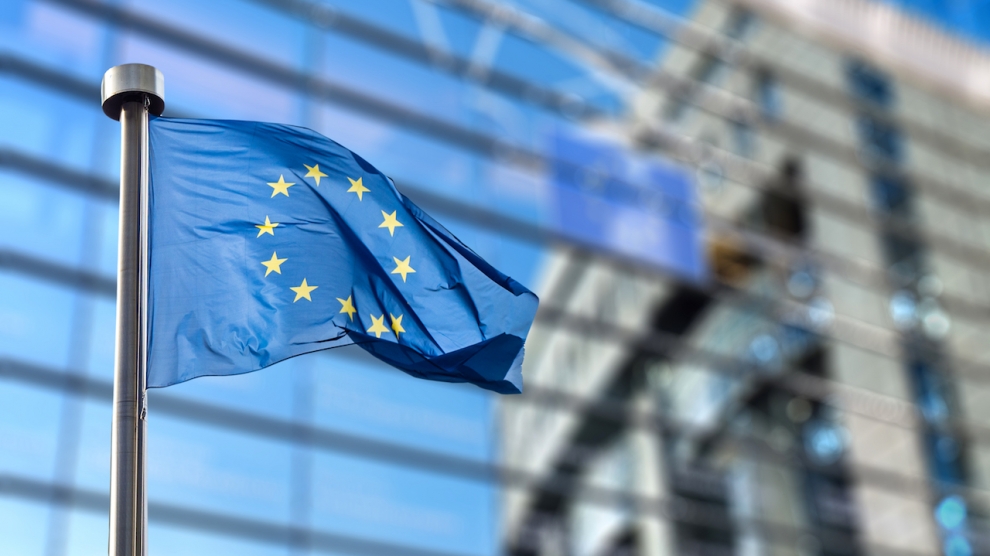Since the last elections to the European Parliament (EP) more than 100 new political parties have been created in the EU. Most of them a result of the populist surge. If the parties of an anti-Europe, nationalistic bent gain substantial number of seats as a result of the May election, we will face a heavy and disruptive challenge of dealing with conflicting demands of different populist groups, national ambitions, and the politics of rage and revenge on the EU elites, rather than constructive dialogue for common European interests.
This possible replacement of consensual politics by antagonistic and incoherent politics as a reflection of national or local grievances and the lowering of the EP’s standing may tilt the balance towards the Council, cementing the intergovernmental method as the primary mechanism of setting political goals in the Union.
The consequence of that could be that the voice of citizens, instead of being strengthened, will be marginalised. That would be the most unwelcome development, from my perspective.
The populists, unable to achieve any long-term coherent goals together, will be concentrating on the politics of values, with the fully-fledged strategy of replacing the values of liberal democracy and rule of law with sovereign impulses, not often ready to translate into the legislative agenda, but very good in mobilising their national support bases against something, not for something.
Our task now is thus two-fold: we need to combat fear and rebuild trust. European citizens can be re-engaged in the European project only if they become convinced that a real and salient alternative to populist politics is possible.
Paradoxically, perhaps there is, after all, a silver lining in the populists’ rise. They actually form – albeit incoherently – a pan-European politics. As such they are giving us the opportunity to create a supranational public space, where we should be able to counter the narrative of Euro-negativism with our own. Only by acting through a transnational dimension and outperforming them at their game can we combat the populists’ drive to occupy the public space in the EU.
I think herein lies the challenge for the established political families in the EP. We should learn some tools from the populists’ playbook. We need to become truly transnational parties, ‘poaching’, so to speak, the best people with the political instinct, social sensitivity and cultural capital to become the new leaders for the EU in the coming decades.
In other words, we need to create a truly pan-European, anti-populist, pro-citizen and pro-European alliance before the May elections.
—
The views expressed in this opinion editorial are the author’s own and do not necessarily reflect Emerging Europe’s editorial policy.


Yes, yes. We know. Europe is the only place you could hide after your party has disgraced itself in Poland with political graft, mismanagement, waste of public money, shooting rubber bullets to striking miners, leaking phony VAT refunds to organized crime, creating in process gargantuan budget deficit, that lead to nationalization of private pension funds. Europe is your only hope. Your party is likely to lose next election to EP sorely. Your ostraca is waiting for you. Don’t come back